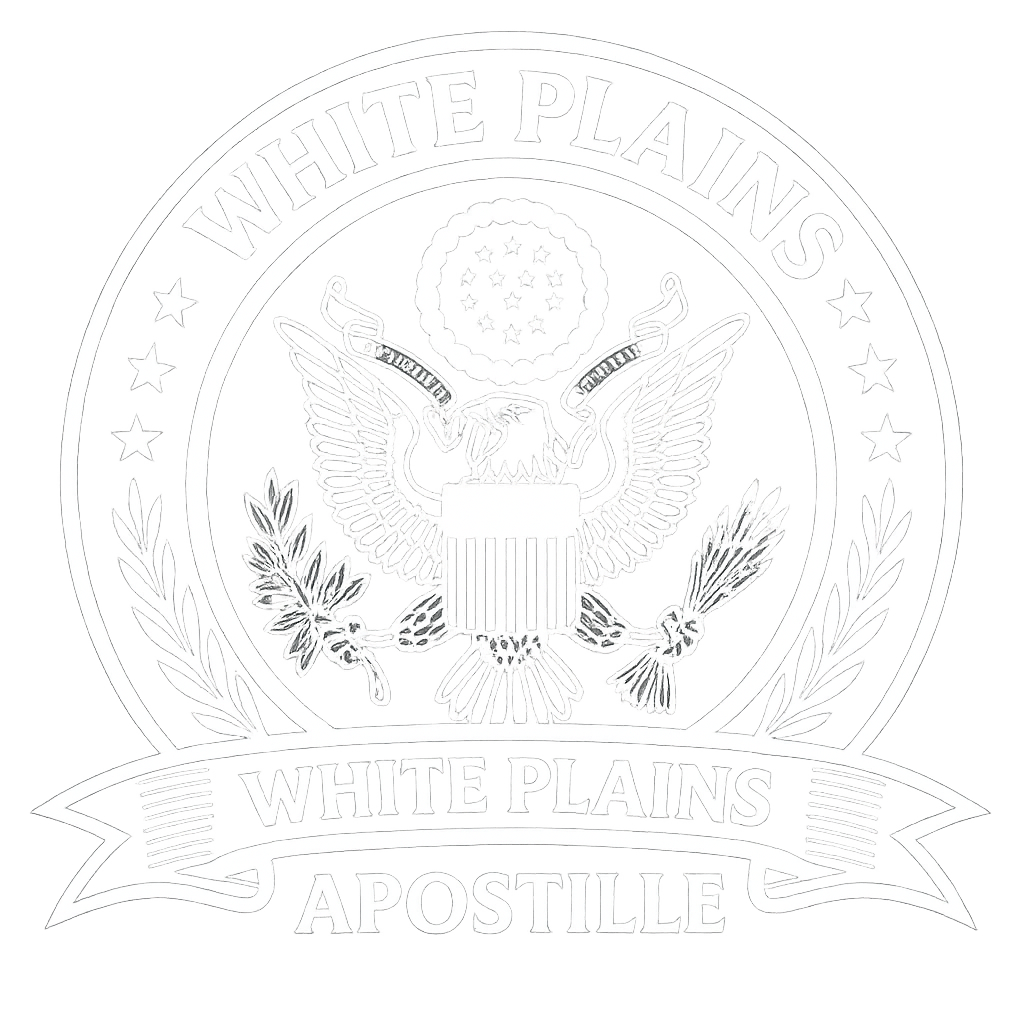When it comes to estate planning in New York, a properly executed Last Will & Testament can be a powerful tool—but it's often misunderstood. While we strongly advocate for the use of Trusts to avoid probate complications and delays, there are still times when a Will is essential. Below is a guide to help you understand the current legal framework, requirements, and procedures for creating and updating a Will in New York, with links to several in-depth articles we've written on this topic over the years.
📝 What You Need to Know First
A Last Will & Testament in New York is a legal document that expresses a person's final wishes regarding the distribution of their property, care of minor children, and other matters after death. It only becomes effective upon death and must be admitted to probate through the Surrogate's Court, where it is validated and enforced.
While Trusts can bypass this court process altogether, Wills still play a role—especially in cases where someone dies intestate (without any plan), owns assets that cannot be retitled into a Trust, or simply never got around to creating a Trust.
⚖️ Legal Requirements for a Valid Will in New York
Under New York Estates, Powers & Trusts Law (EPTL) § 3-2.1, the basic requirements for a valid Will include:
- Testator Must Be 18+ Years Old
- Of Sound Mind and Memory (Testamentary Capacity)
- Will Must Be in Writing
- Testator Must Sign the Will (or direct someone else to sign it in their presence)
- At Least Two Witnesses must sign the Will, within 30 days of each other, and witness either the signing or acknowledgment of the signature.
✅ Self-Proving Affidavits: What Are They and Why Use One?
Although not required by law, it is strongly recommended that a Will include a Self-Proving Affidavit. This is a notarized statement, signed by both witnesses, affirming that the Will was executed properly.
Why it matters:
- It avoids the need for the witnesses to appear in court after your death.
- It helps speed up probate and reduces challenges to the Will's validity.
Not all notaries will do this—and they shouldn't, unless it's a qualified and prepared notarization. For more on what we do and don't notarize:
✏️ Making Changes: Codicils vs. Redrafting
If you need to revise your Will, you generally have two options:
1. Codicil
- A legal addendum that modifies part of an existing Will.
- Must meet the same execution requirements as a full Will (signed and witnessed).
- Best for small, precise changes (e.g., changing an executor).
Sample codicil language:
"I hereby amend my Last Will & Testament dated March 12, 2021, by replacing Article III, Paragraph 2 with the following: 'I appoint my niece, Jane Doe, as Executor of my estate.' Except as amended herein, I reaffirm all other provisions of my Will."
2. Complete Redrafting
- Often cleaner and less confusing.
- Advisable if you're making several changes or restructuring major parts of your estate plan.
In most modern cases, redrafting the Will is the smarter choice, especially when relationships change, significant new assets are acquired, or you're creating a Trust and using the Will to "pour over" assets into it.
📜 Only the Original Signed Copy Counts in Surrogate's Court
This is a major point of confusion:
Only the original, ink-signed Will is valid for probate.
Digital copies, scans, and even certified photocopies have no legal value in Westchester County Surrogate's Court. If the original is lost or destroyed, the Will is presumed revoked—unless strict exceptions are met.
🧾 Quick Recap: How to Execute a Will in New York
| Requirement | Description |
|---|---|
| Age of Testator | 18 years or older |
| Mental Capacity | Must understand nature and consequences of the Will |
| Written Document | Oral Wills are not accepted |
| Signature | By testator or another at their direction |
| Witnesses | Two required, must sign within 30 days and be present during signing/ack. | |
| Self-Proving Affidavit | Optional but highly recommended |
| Original Ink-Signed Copy | Only version accepted in Surrogate's Court |
🧠 Final Thoughts
At White Plains Apostille & Mobile Notary, we've been writing and educating on Wills, Trusts, and notarization requirements for years. While we still believe Trusts are the superior tool for most families looking to preserve wealth, avoid probate, and ensure privacy—Wills serve an important function when done correctly.
Note:
This article is for educational purposes and reflects the current laws as of 2025. Laws may change, and it's always smart to consult an estate planning attorney familiar with New York law—preferably one who knows the inner workings of Westchester Surrogate's Court.

Madeline Forrester
White Plains Apostille & Mobile Notary
With extensive experience in document authentication and notary services, Madeline specializes in helping clients navigate complex legal document requirements for estate planning, international affairs, and business transactions.
